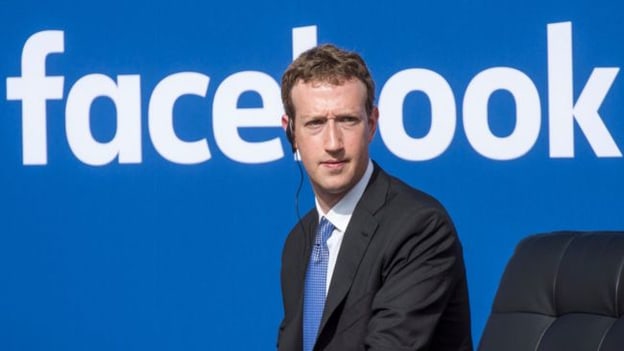Facebook's parent company Meta implements last round of layoffs, affecting 10,000 employees

The ongoing wave of layoffs at Meta shows no signs of slowing down. Following a trend that began last year, numerous employees have been affected by the recent series of job cuts implemented by the parent company of Facebook. These reductions span across different business and operational units as part of Meta's overarching strategy to eliminate a total of 10,000 positions. This latest round of layoffs signifies the conclusion of the three-part plan initially announced in March.
Several employees from teams, including marketing, site security, enterprise engineering, program management, content strategy, and corporate communications, resorted to sharing news of their regrettable job losses on LinkedIn. Furthermore, Meta implemented downsizing measures within units specifically dedicated to privacy and integrity, as evident from the posts on LinkedIn.
Earlier this year, Meta made headlines as the first major technology company to announce a second wave of substantial job cuts. This came after over 11,000 employees were laid off in the previous fall. The reduction in headcount brought the company's workforce back to roughly the levels seen in mid-2021. It marked a shift following a period of rapid expansion that had doubled the company's size since 2020.
In spite of the recent job cuts, Meta's shares managed to close slightly higher amidst a generally weaker market. The company's stock has experienced a remarkable surge, more than doubling in value this year, positioning Meta as one of the standout performers within the S&P 500 index, reported Business Today. This achievement can be attributed to Meta's strategic focus on artificial intelligence and its implementation of cost-cutting measures.
During March, Meta's CEO Mark Zuckerberg outlined the plan for the second round of layoffs, stating that the majority of the job cuts would be executed in three phases over the course of several months, with the process predominantly concluding by May. Additionally, he acknowledged the potential for subsequent smaller rounds of layoffs to take place.
The job cuts primarily impacted positions outside of engineering, highlighting the significance of engineering roles within Meta. Zuckerberg has emphasised his dedication to restructuring the business teams substantially and returning to a more favourable balance between engineers and other roles.
According to executives who addressed employees at a company-wide town hall meeting following the previous round of layoffs in April, even within the technology teams, non-engineering positions such as content design and user experience research have been significantly reduced.
At the town hall meeting, Zuckerberg revealed that approximately 4,000 employees were laid off in April, which followed a smaller reduction in the recruiting teams that occurred in March. Meta further announced that the recent wave of cuts would affect approximately 490 employees at its international headquarters in Dublin, representing nearly 20 per cent of its workforce in Ireland.
In addition to the aforementioned layoffs, Meta also parted ways with two notable executives in India, Avinash Pant (Director of Marketing) and Saket Jha Saurabh (Director and Head of Media Partnerships).
The decision to downsize the workforce at Meta comes as a response to months of declining revenue growth, primarily influenced by factors such as high inflation and a decrease in digital advertising resulting from the contraction of the pandemic-driven e-commerce surge.
Simultaneously, the company has been making significant investments, totalling billions of dollars, in its Reality Labs unit. This unit focuses on the development of the metaverse and enhancing infrastructure to support artificial intelligence initiatives. However, it is worth noting that the Reality Labs unit incurred a loss of $13.7 billion in 2022.















